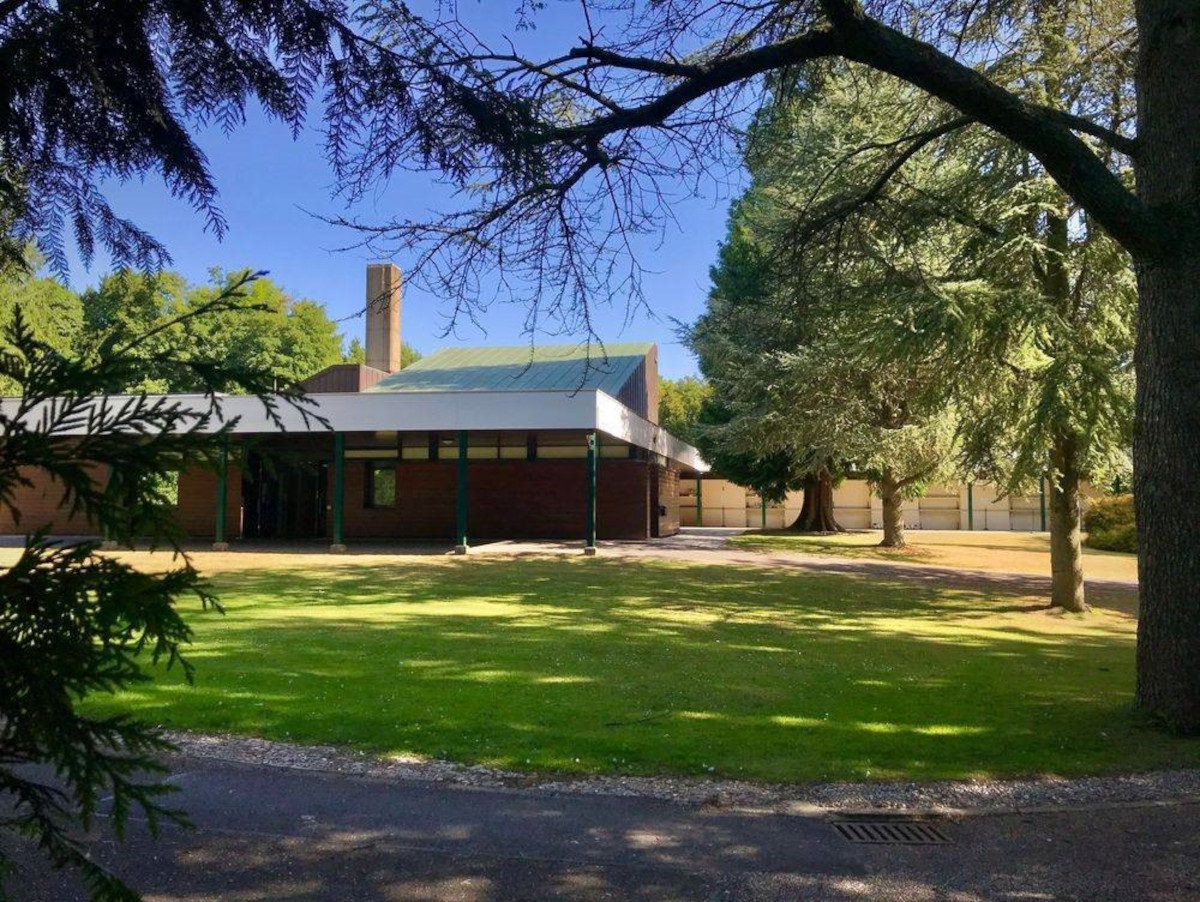
The project is underway with the help of researchers from the University of Brighton.
Funded by the Department for Energy Security and Net Zero, the project is centred on Worthing Crematorium in West Sussex and is part of Adur & Worthing Council’s plan to become carbon neutral by 2030.
This summer, cremator manufacturer DFW Europe will begin testing pioneering hydrogen technology at its base in the Netherlands. If these tests are successful, the technology will be brought over to trial at Worthing Crematorium as early as spring 2024.
Dr Kevin Wyche, Pete Lyons and Dr Kirsty Smallbone from the University of Brighton’s School of Applied Sciences are carrying out air quality monitoring on the project to demonstrate that the proposed new hydrogen-powered system can dramatically reduce carbon emissions without worsening air quality.
Cremation is an energy intensive process currently reliant on natural gas, and the crematorium has the largest carbon footprint of any site operated by Adur & Worthing Council.
The proposed new process will use green hydrogen which is produced using electricity from renewable sources. Unlike natural gas, hydrogen doesn’t give off CO2 emissions when burnt. Green hydrogen is also produced without any carbon emissions.
Dr Kirsty Smallbone said:
“Achieving net-zero is vital if we are to slow down the changes occurring in our atmosphere and to our climate. To do this we need to de-carbonise all aspects of our lives, from the cradle to the grave. Removing the reliance on fossil fuels by switching to hydrogen will be a key part of this.”
Cllr Sophie Cox, Worthing’s Cabinet Member for Climate Emergency, said:
“This project is an innovative step in our mission to reach Net Zero, and I’m grateful to the passionate officers who have spent a great deal of time making this global first happen. As a Council, we are committed to achieving Net Zero and thanks also to the Net Zero Innovation Portfolio for awarding us the funding to help realise our green goals.
“The crematorium is top of our list for carbon emissions within the Council’s estate and this exciting trial will be a huge step towards our goal of becoming a Net Zero authority by 2030.”
As a key partner in the pioneering Hydrogen Sussex project, University of Brighton is carrying out a range of ground-breaking research to support the development of a low carbon hydrogen economy and help move the region towards Net Zero.
Other hydrogen-based projects that the University is supporting include a pilot to create the world’s first clay bricks made 100% using green hydrogen energy rather than natural gas. Working with Haywards Heath-based Michelmersh, the project aims to dramatically reduce carbon emissions from an industry that produces more than one million tonnes of carbon each year in the UK alone.








